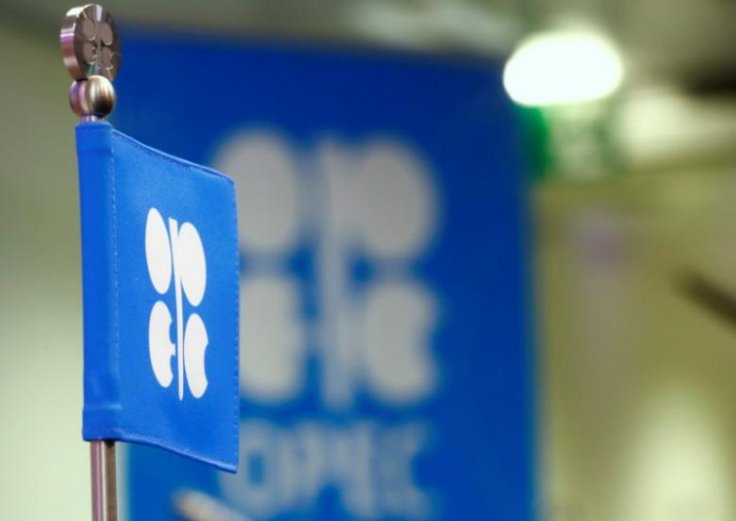Oil fell after touching its highest since March at more than $40 a barrel on Wednesday, pressured by doubts that an early meeting of OPEC and its allies to extend existing output cuts will take place. Saudi Arabia and Russia have a deal to extend the cuts, but a meeting on Thursday rather than later in June might not happen, sources said. Oil had earlier dropped after Bloomberg reported the Thursday meeting was in doubt.
"Prices were firm so far this week on the news that the meeting was earlier," said Olivier Jakob, oil analyst at Petromatrix. "The retracement today is definitely due to the latest headlines on OPEC." Brent crude futures for August were down 73 cents, or 1.8 percent, at $38.84 by 1150 GMT, having earlier touched their highest since March 6 at $40.53. West Texas Intermediate (WTI) crude for July fell 79 cents, or 2.2 percent, to $36.02.
OPEC+ is Planning to Extend Current Level of Cut Beyond June

Oil had been lifted earlier in the day by the American Petroleum Institute's report on Tuesday that U.S. crude inventories fell by 483,000 barrels. The government's official supply report is due later on Wednesday.
Both benchmarks have surged in recent weeks, with Brent more than doubling after hitting a 21-year low below $16 in April, when U.S. crude turned negative. The OPEC+ group, comprising the Organization of the Petroleum Exporting Countries and allies including Russia, is cutting output by 9.7 million barrels per day (bpd) - about 10% of global output before the coronavirus crisis - in May and June to support prices.
Encouraged by signs of recovery in the market, OPEC+ is considering extending the current level of cut beyond June. "When you have Brent approaching $40, it is a good sign," one OPEC delegate said. "We are on the right track." Pointing to demand recovery, the services sector in China, the world's second-biggest oil consumer, returned to growth last month, a survey showed.








